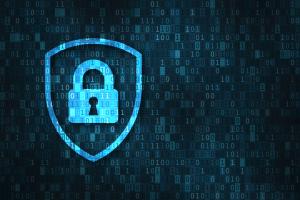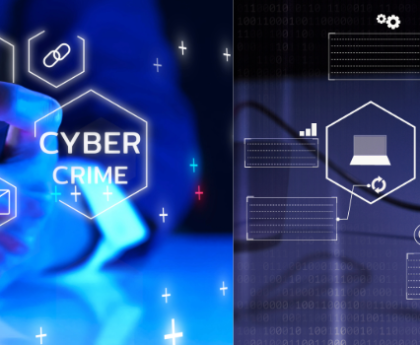The UK is taking a big step towards improving its cybersecurity posture as a state through the announcement of a significant new legislation called the Cyber Security and Resilience Bill.
This radical change of direction comes following a change of government in the UK, where the Labour Party ended 14 years of Conservative reign on the promise to build a stronger economy.
As mentioned in the recent King’s Speech, which outlines the new government and its broad plans for its time in power, the bill aims to address the growing cyber threats that the country, and indeed, the world, is facing.
What’s in the bill?
The UK currently does not have an overarching cybersecurity law, and instead, has a number of separate laws that cover specific areas.
Although no concrete details have been confirmed, it is said this bill would expand the remit of such existing regulation and give regulators a stronger footing for enforcement.
The UK GDPR bill, which is largely the same as its EU counterpart, already has in place a duty on all organisations to report certain personal data breaches to the relevant supervisory authority.
Yet this bill intends to increase reporting requirements placed on businesses to help build a better picture of cyber threats to the UK.
To do this, it aims to modernise and strengthen the Information Commissioner’s Office, the UK’s data protection regulator.
Ahead of the announcement, Stephen Kines, COO and Co-founder of NATO-backed cyber company Goldilock, called on the Labour leader Keir Starmer to plug holes in the nation’s defence.
“Nation-state actors are actively developing and deploying cyber weapons to disrupt economies, steal sensitive data, and even cause physical harm. Ignoring this growing threat leaves the UK exposed.”
The Digital Information and Smart Data Bill, announced alongside the Cyber bill, proposes the establishment of digital verification services, including digital identity including digital identity products, to facilitate secure information sharing for everyday online activities.
This post was originally published on the 3rd party site mentioned in the title of this this site





